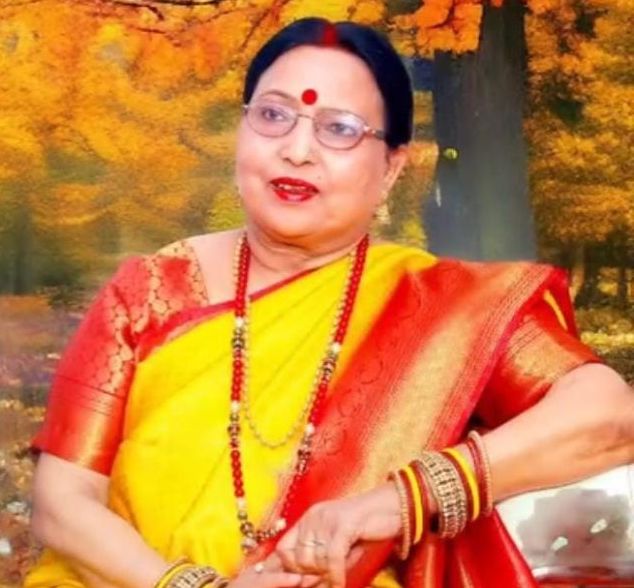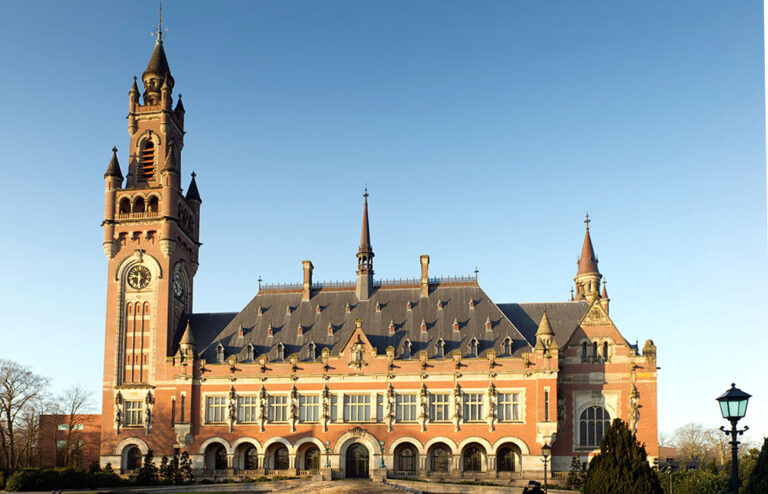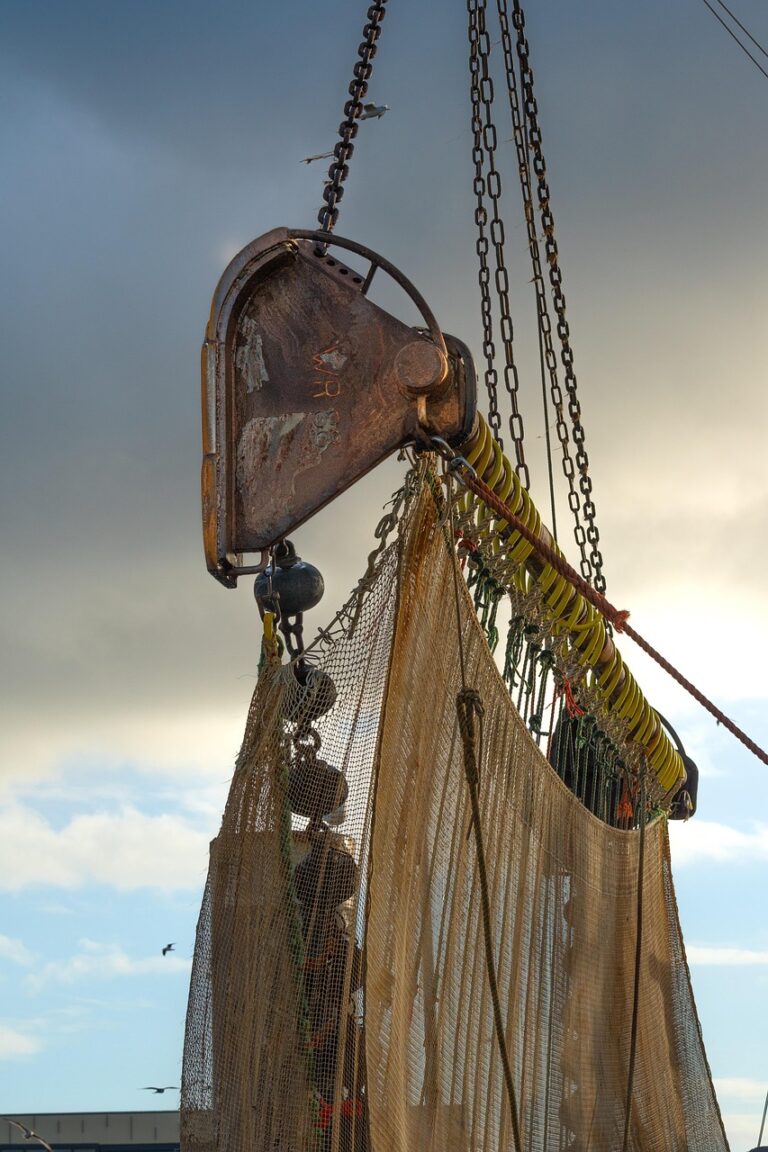
Sharda Sinha (1 October 1952 – 5 November 2024)
Thy name was Sharda, born to consecrate the Punyabhoomi of Mithila, Bihar and India! The demise of one of India’s greatest folk singers Sharda Sinha on November 5, 2024, sent shock waves across the nation, especially Mithila. Mithila was rendered motherless! With the extinguishment of its melodious voice, it had lost one of its historical luminaries who can be doubtlessly equated with such historical personalities as Gargi Vachaknavi, and Ubhay Bharati.
Sharda Sinha today constitutes the trinity of historical greats of feminine illumination in the Punyabhoomi of Mithila: Gargi, Bharati, and Sharda.
In the eastern region of India, Sharda Sinha had kept Mithila in an overwhelming thrall. Unequivocally then, while interviewing her for portraying in my book The Living Legends of Mithila-Part 1, I, albeit for the first time, came across the goddess of songs, truly a motherly figure. Her son Anshuman Sinha had coordinated my meeting with the ‘Swar Kokila‘. As our conversation began, I was wonderstruck to see her grace and poise: every single word she spoke, had the sparkle of craftily calibrated tone of a dignified lady who, despite being candid, still was flawless in the deluge of her pouring forth encomia on Vidyapati, the poet of poets of mediaeval times, the soul of Mithila, dubbing him as the Oriental version of John Diane. She also sang the song of Vidyapati’s devotion to Mother Ganga, for the viewers, ‘Bad sukh sar pasal tohe tirey, choraet nikat nayan bah nire, ki karab jap tap jog dhayane, janam kritarath aekhi sanane!’ (My level of bliss knows no bounds at your bank, the moment the time for separation comes, the rivulets of tears gush forth from my eyes! What to speak of japas, yoga or meditation, only a dip in thy divine waters, is enough for my salvation!’). Believe me, I heard these stanzas not less than a hundred times in my house. A magical voice of Shardajee doing Himalayan justice to the legendary pen of immortal poet, Vidyapati. Also, she sang another legendary song, which had revolutionised almost every household of Mithila, ‘Yau dularua Bhaiya ( O pampered brother)’.
Sharda’s mesmerizing voice had cast a magical spell on me, invigorating me to the highest emotional pitch I ever reached in my life. However, her ace songs, for which she had earned her place unto eternity: The remarkable songs of Chhath, which contributed towards the popularity of the Chhath festival across the world, shall ever remain her priceless legacy for posterity.
Significantly, successful people’s success is being feted by the masses, yet ironically, the struggles they put in to reach the pedestal of success are seldom taken cognizance of. Sharda Sinha too had her own struggles for getting a break. She was outright rejected the first time. The deeply felt pain of rejection, overwhelmingly saddened her, with her resolve to succeed against the stack of odds, getting further strengthened. She qualified in her audition, yet her fame had to have a gestation period: an incognito face of Sharda Sinha, became a household name only after the famous song ‘Dularua Bhaiya‘.
Significantly, before the advent of the phenomenon called Sharda Sinha, Maithili songs were only languishing at the bottom. However, her phenomenal rise with ‘Dularua Bhaiya‘ and ‘Jagdamba Ghar mein diyara bar aeli ho‘– the Maithili songs became recognised even beyond the border of Mithila. In a Maithili function in Patna, where Dr Jagannath Mishra, the former chief minister, and Hari Mohan Jha, a writer of Khattar Kaka fame, were present, the controversy cropped up: whether her ‘Jagdamba ghar mein diyara‘ would be allowed to be sung, for the song had the Bhojpuri syllables? Unequivocally, linguistic prejudices had taken centre stage!
Also read: श्रद्धांजलि बीके सिन्हा: प्रेम और संगीत से सजी एक जीवनगाथा आज थम गई
In the wake of the demise of Lata Mangeshkar, the greatest feminine voice of Asia and arguably, the world, I penned a piece, ‘Meri awaz hi pehchaan hai‘. Unequivocally, with the departure of a motherly figure of Mithila, Sharda Sinha, the stark vacuity in terms of her melodious voice in the lesser landscapes of Mithila, Bihar and Uttar Pradesh, and across the globe, wherever the flag bearers of the pride of Mithila and Bihar inhabit, is palpably felt. It would be hardly hyperbole to say that Mithila has genuinely lost its voice, its global brand ambassador, for Sharda Sinha’s voice had transcended the landscape of India to encompass the whole world in its infectious grip.
‘Meri awaz hi pehchan hai‘, if this song was aptly relevant for Lata Mangeshkar, to no lesser degree, the stanza is relevant for Sharda Sinha too. The disappearance of her voice into eternity is tantamount to drawing an inference that even gods and goddesses might be desperately awaiting to hear the folk songs of its pioneer exponent.
In short, the departure of Sharda Sinha from our midst, is an irreparable loss for Mithila, Bihar, nation and humanity, for her melodious voice catapulted Mithila to the pedestal of its glory. She was also awarded Padma Bhushan, India’s third highest civilian award, on the eve of Republic Day in 2018. On behalf of over five crores of Maithils, I give her a resounding farewell. May she attain liberation at the feet of the absolute.
*Vivekanand Jha is the author of The Living Legends of Mithila–a trilogy.





